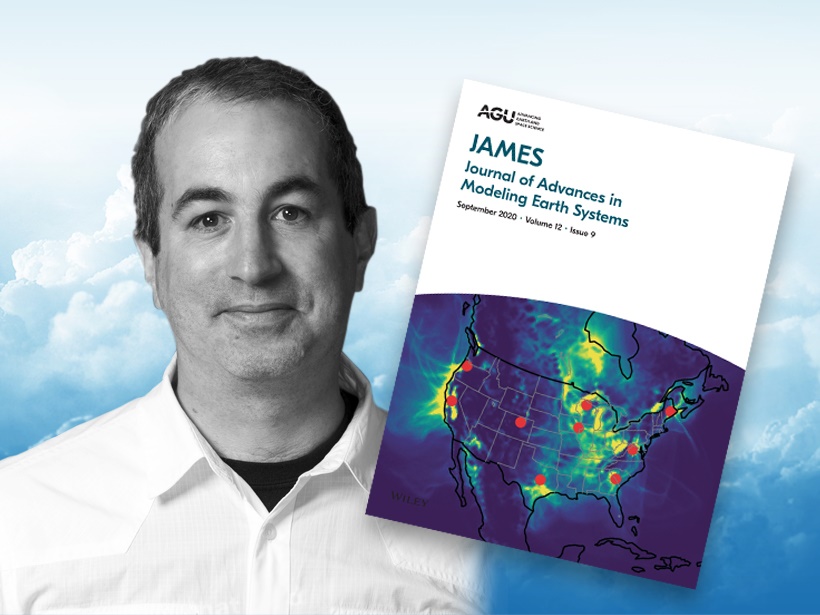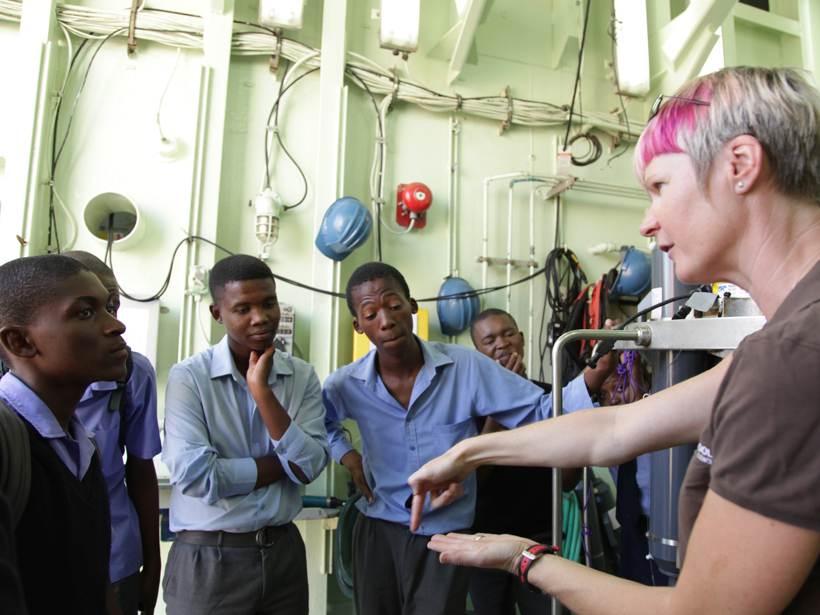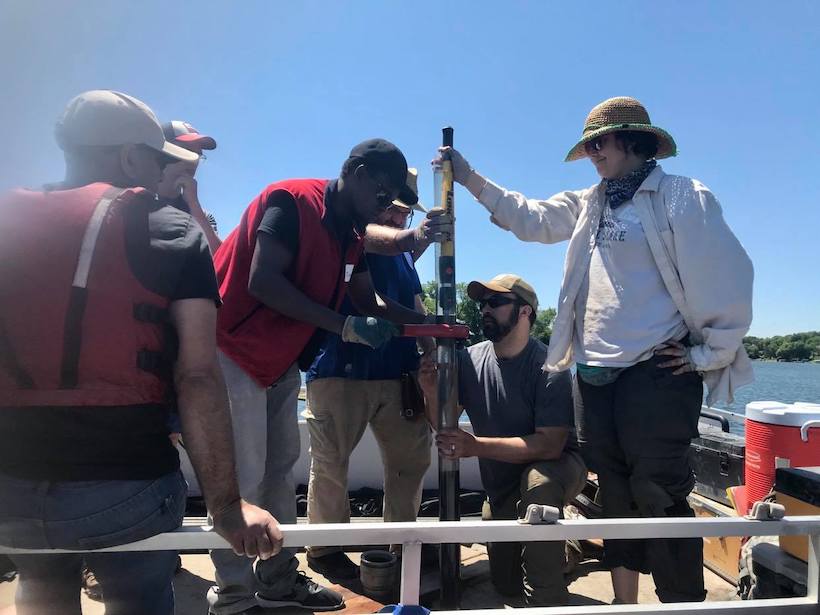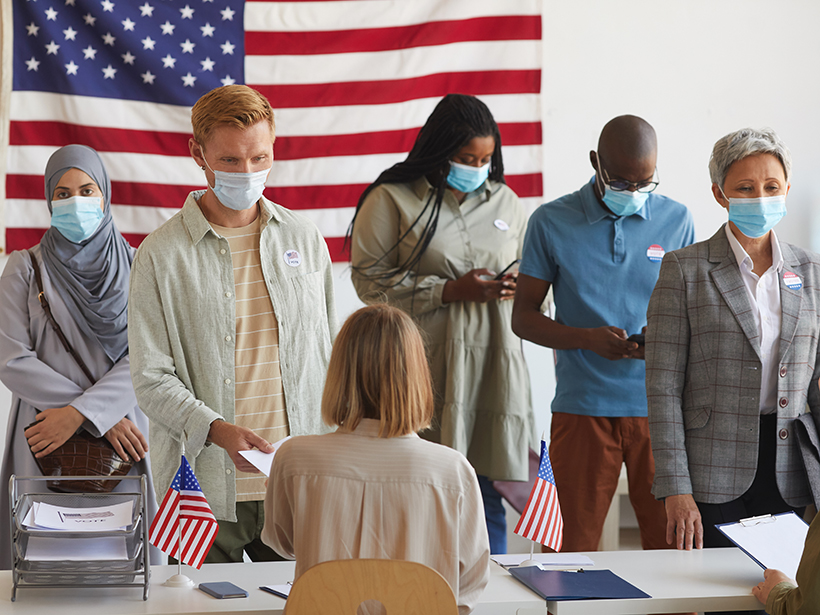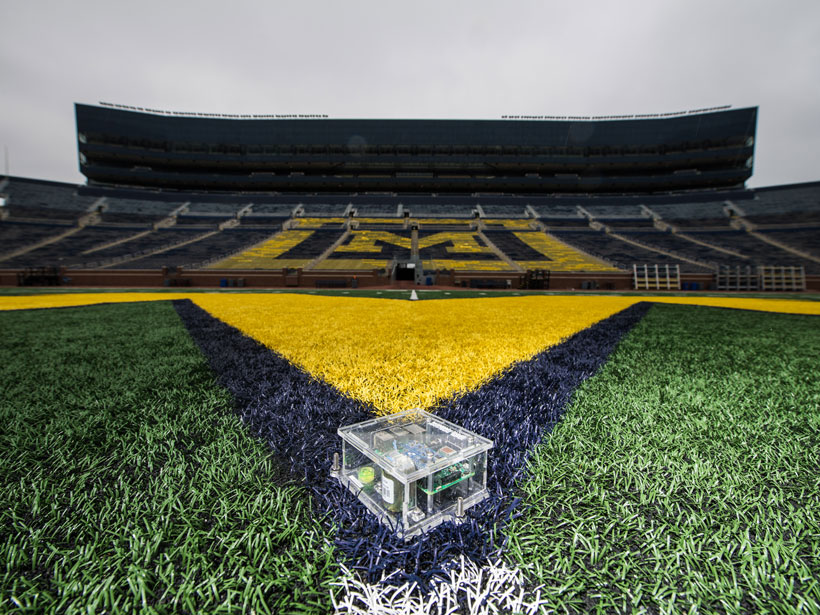The outgoing editor in chief of JAMES reflects on his time at the journal, recent developments in Earth system modeling, and the challenges of making modeling data accessible.
academia
Introducing the New Editor in Chief of JGR: Oceans
Find out about the person taking the helm of Journal of Geophysical Research: Oceans and her vision for the coming years.
Why Aren’t There More Journal Papers by African Geoscientists?
Africa is a geoscientist’s dream. But new research shows that less than 4% of the world’s high-impact geoscience papers focus on Africa, and few of those have even one African author.
Student-Led Diversity Audits: A Strategy for Change
A group at the University of Oxford designed a new way to identify and present solutions to faculty that address inequities in the school’s Department of Earth Sciences.
Graduate Student Perspectives on Equitable Remote Learning
Remote learning can be a catalyst for instructors and institutions to invest in teaching practices that reinforce growth mindsets and that help students share responsibility for learning outcomes.
Scientists Are Primed for Poll Positions
Scientists and science communicators can lend their expertise to a growing shortage of poll workers in the United States.
Special Collection on Open Collaboration Across Geosciences
Join open writing teams to collaborate on commentaries for a special collection describing approaches that embody synthesis, cross-disciplinary integration, and open science across geosciences.
Students Monitor Campus Noise in Seismic Silence
Researchers are engaging their students with low-cost seismology research to monitor local noise on campus.
Collaborative Graduate Student Training in a Virtual World
With higher education increasingly moving online, a 3-year-old interinstitutional graduate student training program offers a model for universities to pool resources and expand course offerings.
Building an Early-Career Researcher Community from the Ground Up
An international group of early-career scientists has developed its own network to virtually moor connections within the peatlands community.

